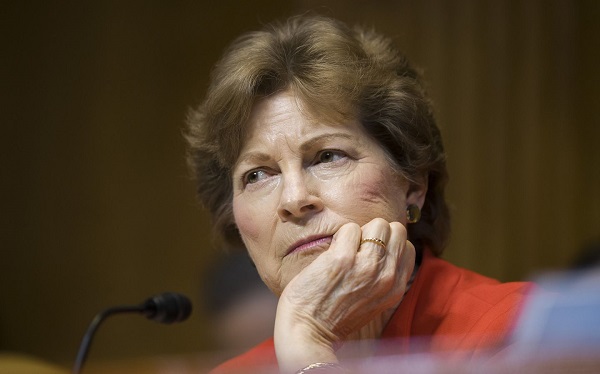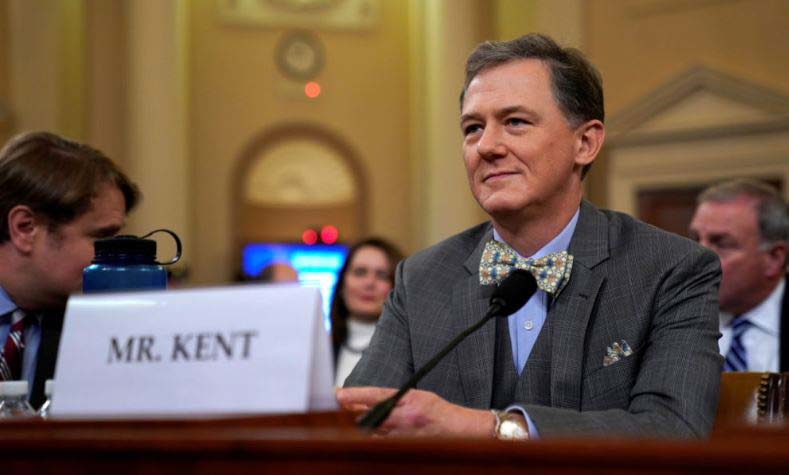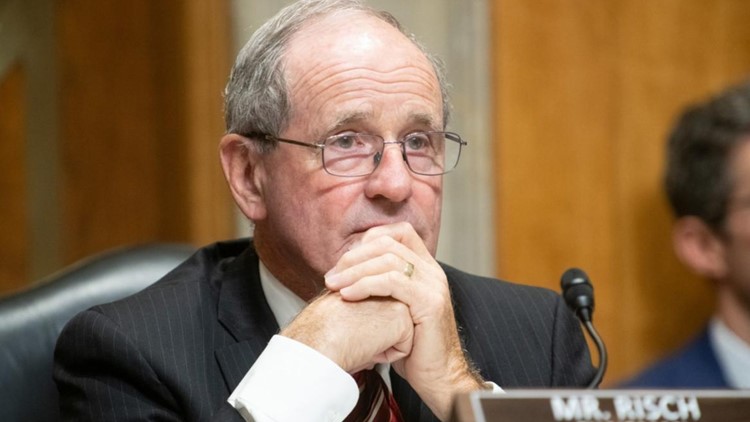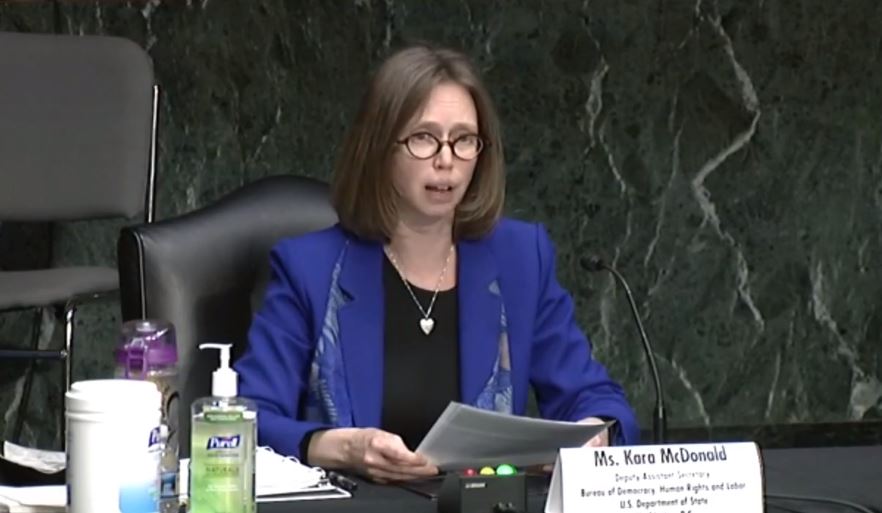‘Georgia may lose everything if it does not overcome the political crisis’ – hearings in the US Senate
US Senate on the crisis in Georgia
The US Senate Foreign Relations Committee held hearings on March 23 on Georgia, where the deep political crisis continues.
Senators warn about the possible termination of financial and other assistance if democratic processes slow down or stop in Georgia. The opposition and the authorities have again interpreted the messages in their own favor.
A resolution is expected to be adopted at the end of the hearings.
- Georgian opposition decides to stir up the regions
- Former Georgian PM returns to politics – ‘third force’ or ‘Ivanishvili’s project’?
Senator Ross Johnson initiated the hearings, saying that this is “an important signal for both the ruling Georgian Dream party and the opposition to help them sit down at the negotiating table again.”
The meeting was chaired by Democratic Senator Jean Shaheen. The meeting was attended by two senior State Department officials – Deputy Assistant Secretary of State George Kent and Bureau of Democracy, Human Rights and Labor Cara McDonald.
About the political crisis in Georgia
The political crisis in Georgia began after the parliamentary elections in October 2020. The opposition did not recognize the election results and gave up its seats in parliament. As a result, for the first time in history, a virtually one-party parliament operates in the country.
The situation worsened in February 2021, when, as a result of a special operation, Nika Melia, the leader of the largest opposition party, the United National Movement, was arrested. Political processes are now taking place on the streets, where the opposition and civic activists hold constant rallies. There are two main demands: the release of political prisoners and the announcement of early parliamentary elections.
The opposition has two main demands – the appointment of early parliamentary elections and the release of Nika Melia, as well as other oppositionists. Several rounds of talks have already taken place with the facilitation of the US Ambassador and other diplomats accredited in Georgia. The moderator was also one of the most influential European officials, President of the European Council Charles Michel. Then, for almost a week, the talks in Tbilisi were facilitated by his personal representative Christian Danielson, and Prime Minister Irakli Garibashvili was invited to Brussels to discuss the situation.
But all the meetings and tours were in vain. Both sides, the authorities and the opposition, accuse each other of disrupting the negotiations.
“Georgia can lose everything it has achieved if it does not overcome the political crisis” – the main comments made at the hearings
Senator Jeanne Shaheen:
“I am surprised and disappointed that the crisis in Georgia has been going on for so long. The parties must find a peaceful and democratic solution to the political crisis. Otherwise, many years of efforts to implement democratic processes and Euro-Atlantic aspirations in Georgia will be in vain.”

“OSCE observers stated that the parliamentary elections in October 2020 were held in a competitive environment, albeit with numerous violations. Nevertheless, the country needs electoral reform. It is not enough to hold legitimate elections. You also need to have democratic mechanisms to resolve differences. Mechanisms deemed fair by all participants in the democratic process”.
Jeanne Shaheen also mentioned the problems with the court in Georgia: “Further support from the US depends on how democracy develops in the country. To do this, it is necessary to strengthen all institutions, but especially – an independent judiciary. “
“Due to the impasse in Georgia, only Russia is the winner, which rejoices in the disorder and chaos and the fact that the Georgian parliament is empty [there is no opposition in it]. Every time opposition representatives are imprisoned in Georgia, Russia celebrates victory.”
State Department spokesman George Kent:
“Failure to reach a political agreement will damage Georgia’s Euro-Atlantic aspirations. Political leaders of Georgia must show will and resolve the political crisis, responsibility for both success and failure lies solely with them.”

“Both the US administration and European colleagues – we expect that opportunities will be found in Georgia to work together and promote democracy.”
Commenting on the detention of opposition leader Nicky Melia, George Kent said that “the responsibility lies with everyone, including Melia himself, who violated the conditions of his detention by publicly throwing away his electronic bracelet at the rally. However, this arrest is a step back on Georgia’s democratic path. “
Senator Jim Risch:
“If democracy does not work in Georgia, it will lose the chance for Euro-Atlantic integration. Now the country clearly shows how the oligarch influences the media and the judicial system. This is a departure from democracy. The Georgian government bears serious responsibility for the current crisis, and its deepening poses a threat to the pro-Western future of the country.”

During the hearings, Senator Risch asked the question: is it worth tightening the conditions for the provision of military and foreign aid to Georgia, in particular, setting a probationary period for it?
Senator George Kent responded that Georgia is America’s main strategic partner in the South Caucasus and also plays an important role in the Black Sea region.
After the hearing, Senator Risch told Voice of America reporters that “many of us here really want Georgia to be successful. We saw how the elections were held in Georgia in 2012 and were very optimistic. [Since then] we have seen continuous setbacks, it seems that the situation is not getting better, but only getting worse.”
Riesch said that if there is no progress in resolving the political crisis, US assistance will stop:
“Leading political forces and their leaders must understand their responsibility to their country and come to an agreement.”
Kara McDonald, Bureau of Democracy, Human Rights and Labor:
“Georgia is a regional leader in terms of democratic development. But there are serious problems in the country – the politicization of the judicial system, the dominance of the ruling party in all institutions and pressure on civil society.

It is unacceptable that the highest judicial body in a country influences other judges. In Georgia, court representatives are even often called a clan. “
“The US considers it a vital task for Georgia to overcome the current crisis.”
The authorities and the opposition interpret what was said at the hearings each in their own favor
Evaluating the messages voiced at the hearings in the US Senate, politicians, media and experts in Georgia all fell into the same two camps. Supporters of the ruling party believe that they have received support, while the opposition claims that there was harsh criticism from the United States.
Deputy Speaker of the Georgian Parliament Kakha Kuchava drew attention to the fact that the US Senate considers Georgia a democratic country, a role model and a leader in the region. Therefore, he said, “the opposition will have to take countermeasures to reach an agreement with the authorities who remain committed to the European and Euro-Atlantic course.”
Elene Khoshtaria, founder of the new opposition movement Droa (It’s Time!), Told Formula TV that “Georgia’s main partners talked about the erosion of democracy in Georgia and all the components of this process: election problems, political persecution. They warn everyone, including the authorities, to reach an agreement”.


















